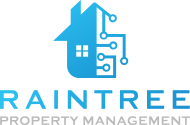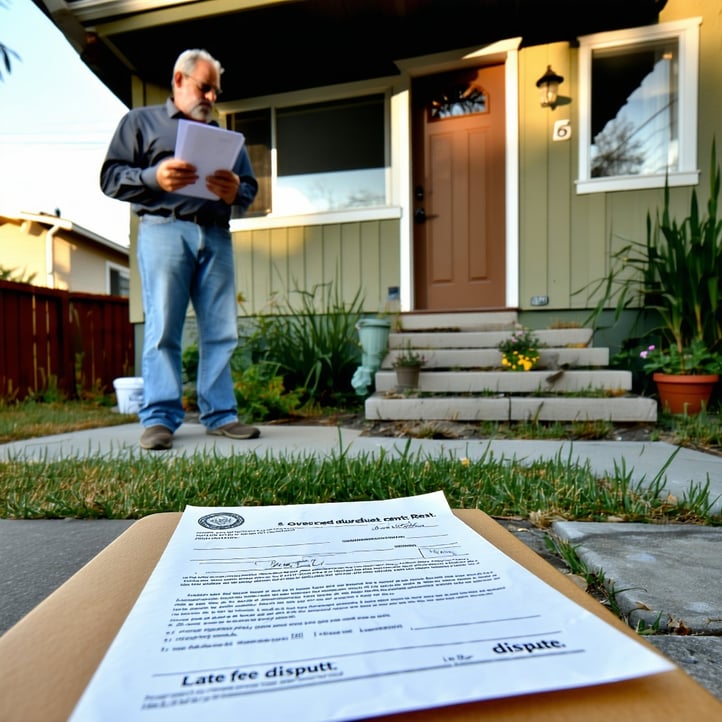If you own a rental property in Carlsbad, Encinitas, San Marcos, or anywhere in North County San Diego, there’s one thing you can’t afford to get wrong: making sure your rental is legally habitable. This goes beyond just having a nice-looking unit. California law sets clear habitability standards, and violating them can quickly turn into costly tenant complaints, withheld rent, or even a lawsuit.
At Raintree Property Management, we’ve seen how easily landlords especially accidental landlords can overlook these requirements. Let’s take a closer look at what habitability really means and what you, as a landlord, must do to stay compliant and protect your investment.
What Is Habitability?
Habitability refers to the basic living conditions that make a home safe, sanitary, and livable. Under California Civil Code § 1941.1, a rental unit is considered uninhabitable if it lacks key features or has serious health and safety issues. The law doesn’t expect perfection, but it does require that you meet specific minimum standards.
This includes:
- Reliable plumbing with hot and cold water
- Safe electrical wiring
- Properly working heating system
- Sound walls, roofs, and floors free of major damage or leaks
- Ventilation and weatherproofing
- No pest infestations
- Functioning smoke and carbon monoxide detectors
- No mold or hazardous conditions
Even minor issues like a broken heater or persistent leak can create major problems if not addressed quickly.
What Happens If You Violate Habitability Laws?
Failing to meet habitability standards can lead to serious consequences:
- Tenants may legally withhold rent
- Tenants can break the lease and move out early
- You could face lawsuits for repair costs, damages, or relocation expenses
- The city may issue fines or citations
- You may be forced to pay for tenant relocation or alternative housing
Worse, landlords often learn about these violations when it’s too late after a tenant files a complaint with the city or takes the issue to small claims court.
Real-World Example
Let’s say a landlord in San Marcos receives a complaint about a broken heater during winter. Instead of fixing it right away, they delay, thinking the tenant can just use a space heater. Weeks go by, and the tenant files a complaint with code enforcement. The unit is found to be substandard, and the landlord is ordered to make emergency repairs and reimburse the tenant for two months of rent. It happens more often than you think and it’s completely avoidable.
Preventing Habitability Issues
Here’s how to protect yourself and your property:
- Conduct Regular Property Inspections
Don’t wait until a tenant complains. At Raintree Property Management, we schedule periodic inspections to identify issues early before they turn into legal risks. Check for leaks, mold, signs of pests, or appliances that are failing.
- Act on Maintenance Requests Immediately
California law expects landlords to respond to habitability issues quickly. That means same-day or next-day action when a heater, plumbing, or power goes out. Using licensed, insured vendors ensures the work is done right and helps prove that you took responsible steps if there’s ever a dispute.
- Keep Good Records
Always document the date of a maintenance request, what was done, and when it was completed. Take before-and-after photos, and save copies of all repair receipts. In 2025, landlords must include photo documentation for any cleaning or damage deductions from the security deposits it’s best to make this a habit now.
- Include Habitability Standards in Your Lease
Your lease should clearly state who is responsible for what. At Raintree, our leases include language that outlines landlord obligations under state law and tenant responsibilities for reporting issues.
- Don’t Ignore Mold or Pests
These are two of the most common sources of habitability claims. Mold is considered a health hazard, and an unresolved infestation can get you in legal trouble fast. If a tenant reports either, respond immediately and bring in professionals.
Bonus Tip: Know the Difference Between Habitability and Cosmetic Issues
Not all tenant complaints are about habitability. A cracked tile, slightly chipped paint, or an old (but working) appliance may not require immediate replacement. But if it affects safety or sanitation like a broken lock or non-working stove you need to act fast.
Why This Matters in North County San Diego
We manage homes throughout Carlsbad, Oceanside, Vista, San Marcos, and Encinitas. While coastal homes face issues like moisture and salt corrosion, inland properties often deal with older infrastructure. Local climate and location-specific factors make it even more important to stay on top of repairs.
And while some tenants may be lenient, others are well-versed in their rights. With California law constantly evolving, you can’t rely on what you “think” is required.
How Raintree Property Management Protects You
Here’s how we help our clients stay protected:
- Fast vendor dispatch: We coordinate licensed repairs immediately.
- Documentation: Every repair is documented, time-stamped, and stored securely.
- Tenant communication: We keep tenants informed, so issues are resolved before frustration builds.
- Legal compliance: We stay current on every new requirement so our clients don’t have to worry.
Our clients rarely face habitability complaints because we’ve built our process to stay ahead of them. It’s why landlords across North County San Diego trust us to manage their properties legally and profitably.
Final Thoughts
Habitability is not just a checkbox it’s a legal obligation. If you’re managing your own property, you need to know the rules and stay proactive. Delays and shortcuts almost always lead to larger problems.
But if you’d rather not stress about what qualifies as habitable or how to handle a mold complaint, we can help.
Click here to request a free rental analysis and learn how we protect your property from habitability risks while keeping your tenants happy and your income stable.




